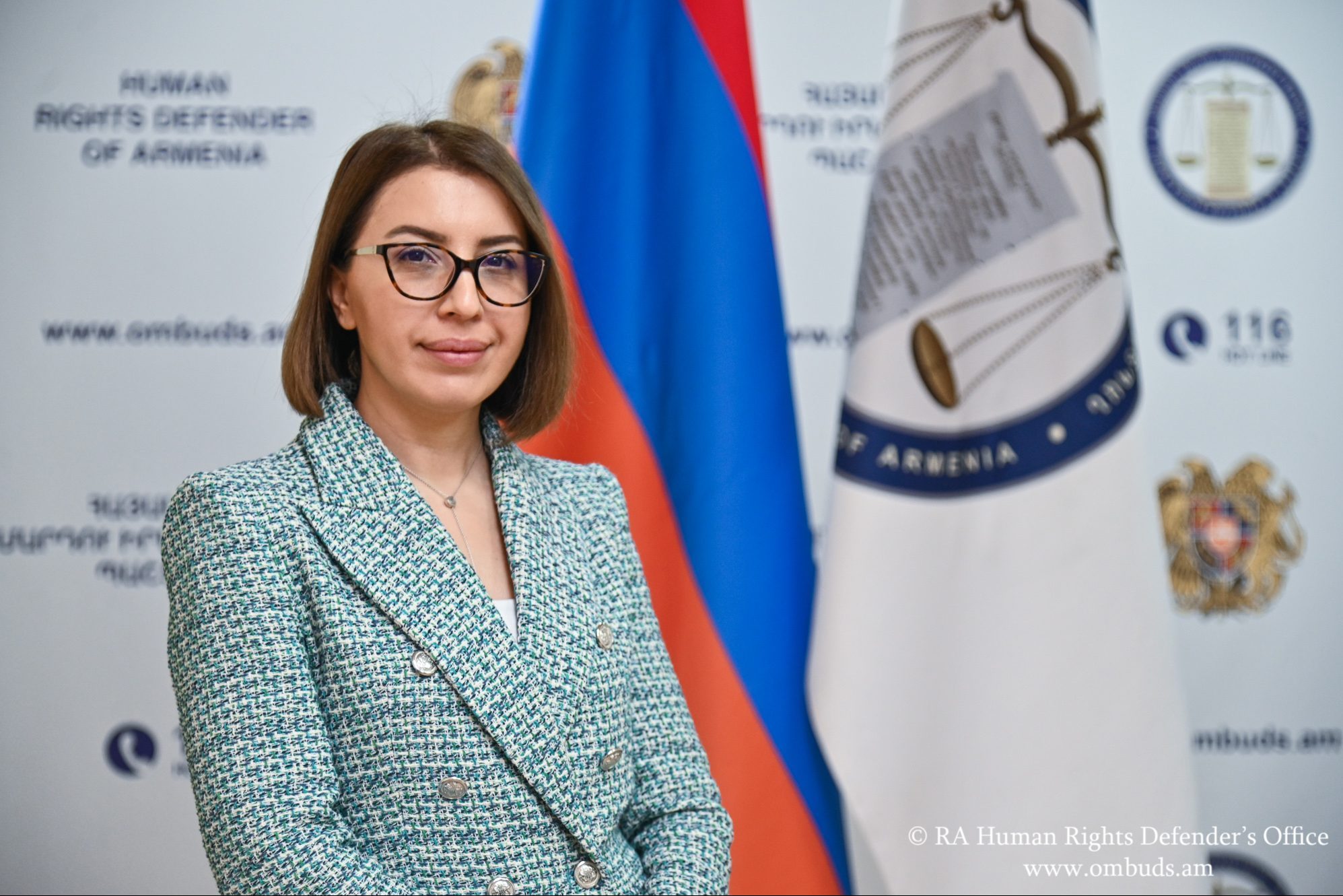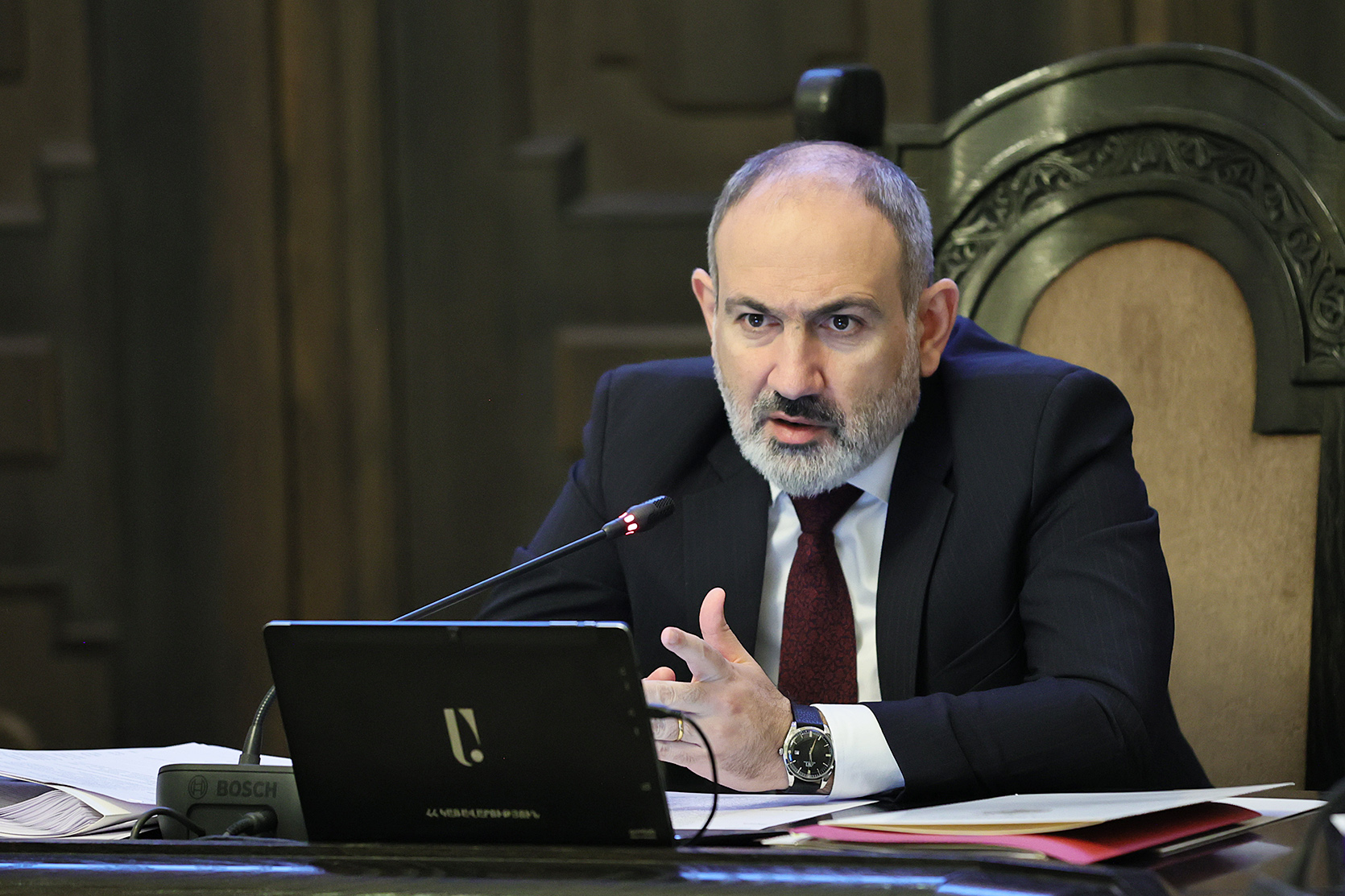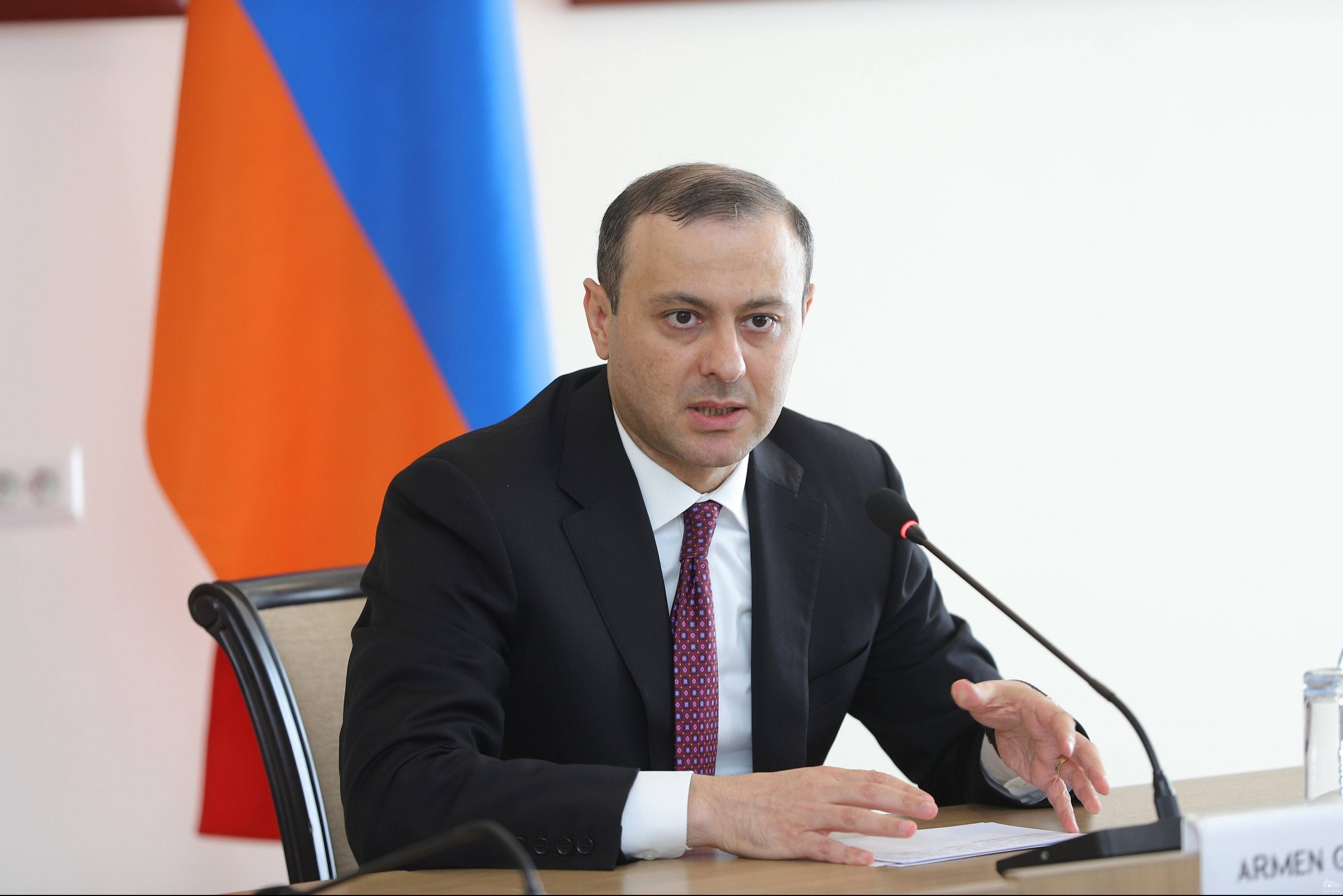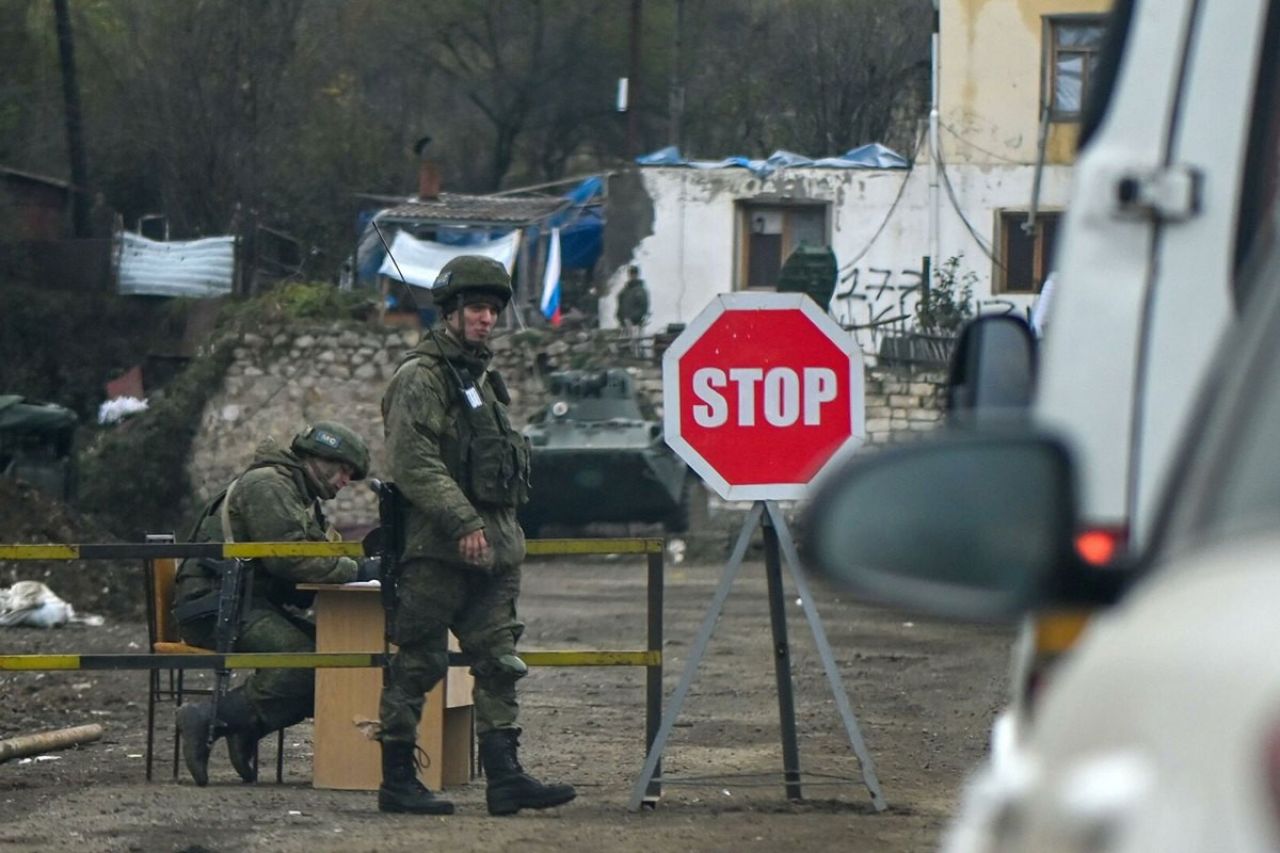New restrictions under martial law: discussions in Armenia
Internet restriction under martial law
Under martial law citizens of Armenia may lose access to certain websites, social networks and apps.
According to a draft submitted for public discussion, the government can impose certain restrictions if it believes that TV channels and online publications pose a threat to the martial law regime.
Experts believe that even if the project is approved it will not work, since the ban can be bypassed using a VPN.
“Effective regulation of the legal regime of martial law”
According to the rationale of the project, the proposed restrictions are aimed at “more effective regulation of the legal regime of martial law.”
“In order to promptly resolve emerging problems,” a government decision may create a “special council for managing the territory where martial law will be declared.” This would be headed by the Prime Minister of Armenia. The execution of non-military measures and restrictions would be led by the Deputy Prime Minister.
The draft states that under martial law, “television films, broadcasts and information of exclusively military-patriotic content” are to be shown and distributed.
Ombudsman: “This is a restriction of human rights”
The draft law “has not passed due to public and professional discussion, and even preliminary approval has not been secured with relevant institutions,” human rights defender Kristine Grigoryan said on the provisions of the bill.
According to Grigoryan, the measures proposed are a restriction of human rights:
“The legal provisions referred to in the draft raise concerns from a human rights perspective, and they may lead to disproportionate restrictions on the rights to freedom of expression and access to information.”
Grigoryan believes that the draft does not stipulate in which cases restrictions and control mechanisms would be applied and which state body would perform these functions.
The Office of the Human Rights Defender reports that Kristine Grigoryan called for “reviewing the problematic provisions of the project” with the involvement of experts and those responsible for their implementation.
Comments from Armenians
Discussion of the project continues on Armenia’s e-draft online platform, where normative and legal acts are published to familiarize all sectors of society and experts therewith, and citizens of the country may express their opinions. Here are some comments:
“The draft does not specify which state body (department) will deal with blocking websites and social networks. Who will be held accountable in case of success or failure?”
“It is necessary to clarify the list of social networks which will be limited. Tik Tok, WhatsApp will definitely be on the list.”
“During martial law, a large amount of work is coordinated and carried out in the rear, including through social networks. A complete lockdown can cause panic.”
“Internet blocking creates an information vacuum that can be filled by an enemy state as a result of improper information policy of the authorities and the government of the country. Therefore, the project cannot help to better manage information flows.”
A comment
When discussing the project, Azerbaijan is often cited as an example where such restrictions apply, information security expert Samvel Martirosyan said:
“This is part of Baku’s policy. We cannot compare ourselves to Azerbaijan. This is a different society, thousands of victims can be hidden there and this will not cause any unrest in society.”
Martirosyan believes that it is necessary to first develop an information security strategy and then appropriate tools. He also believes that restrictions can be introduced only if “if there is no other way.”
According to Martirosyan, a number of questions remain unanswered in the project, in particular who will have control and how.
“For example, it is written that the media should only show films and programs of military-patriotic content. For example, if someone comes out and reads the love lyrics of [Armenian poet, writer and translator] Charents. Should he be detained? And will it be forbidden to show a film with a military-patriotic theme of another country?” Martirosyan asks.
He believes that if the project is approved, the credibility of official sources will decline.
Follow us – Twitter | Facebook | Instagram
Internet restriction under martial law






















